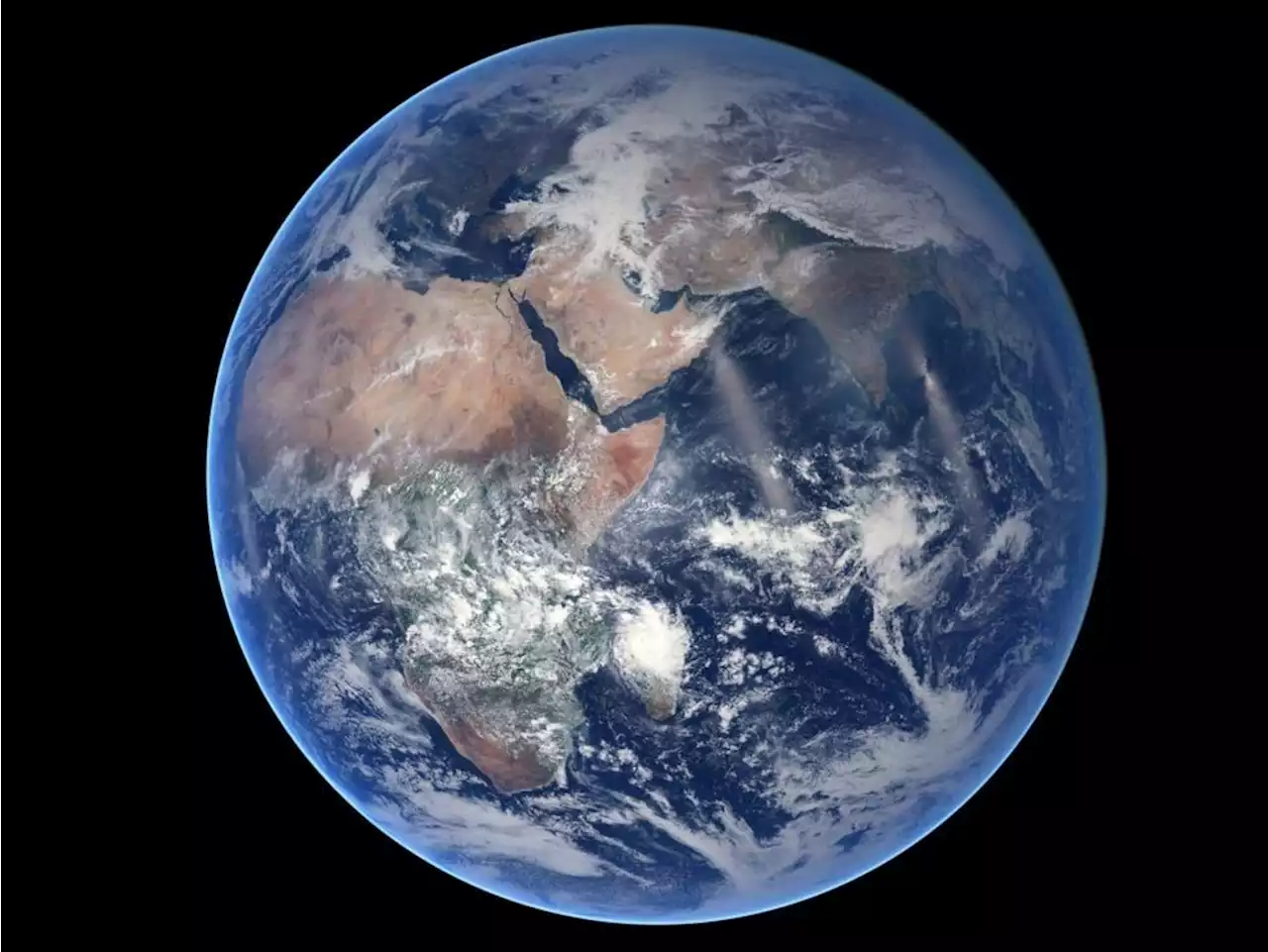In a new study released in Nature this week, researchers state that Earth formed within just 3 million years. That’s notably faster than previous estimates placing the timeline up to 100 million years.
The authors assert that this rapid genesis occurred through a theory called pebble accretion. The general idea, according to co-author and cosmochemist Martin Bizzarro, is that planets are born in a disk of dust and gas. When they reach a certain size, they rapidly attract those pebbles like a vacuum cleaner. Some of those pebbles are icy and could provide a water supply to Earth, thought of as pebble snow.
The team determined the time scale of Earth’s formation by looking at silicon isotopes from more than 60 meteorites and planetary bodies in the vicinity of Earth, which represent the rubble leftover after planet formation. Silicon is a main element in rocks and a vital building block of a planet, akin to what carbon is for life. Because it’s so abundant in the universe, it is produced easily and commonly and can act as a good tracer for planetary formations.
Birger Schmitz, an astrogeologist at Lund University who was not involved in the research, said these results are “very compelling” and could shift how we think about our planet’s formation.Article content
United States Latest News, United States Headlines
Similar News:You can also read news stories similar to this one that we have collected from other news sources.
 Scientists have a controversial theory for how — and how fast — Earth formedIn a new study released in Nature this week, researchers say Earth formed within just 3 million years. That’s notably faster than previous estimates that place the timeline as high as 100 million years.
Scientists have a controversial theory for how — and how fast — Earth formedIn a new study released in Nature this week, researchers say Earth formed within just 3 million years. That’s notably faster than previous estimates that place the timeline as high as 100 million years.
Read more »
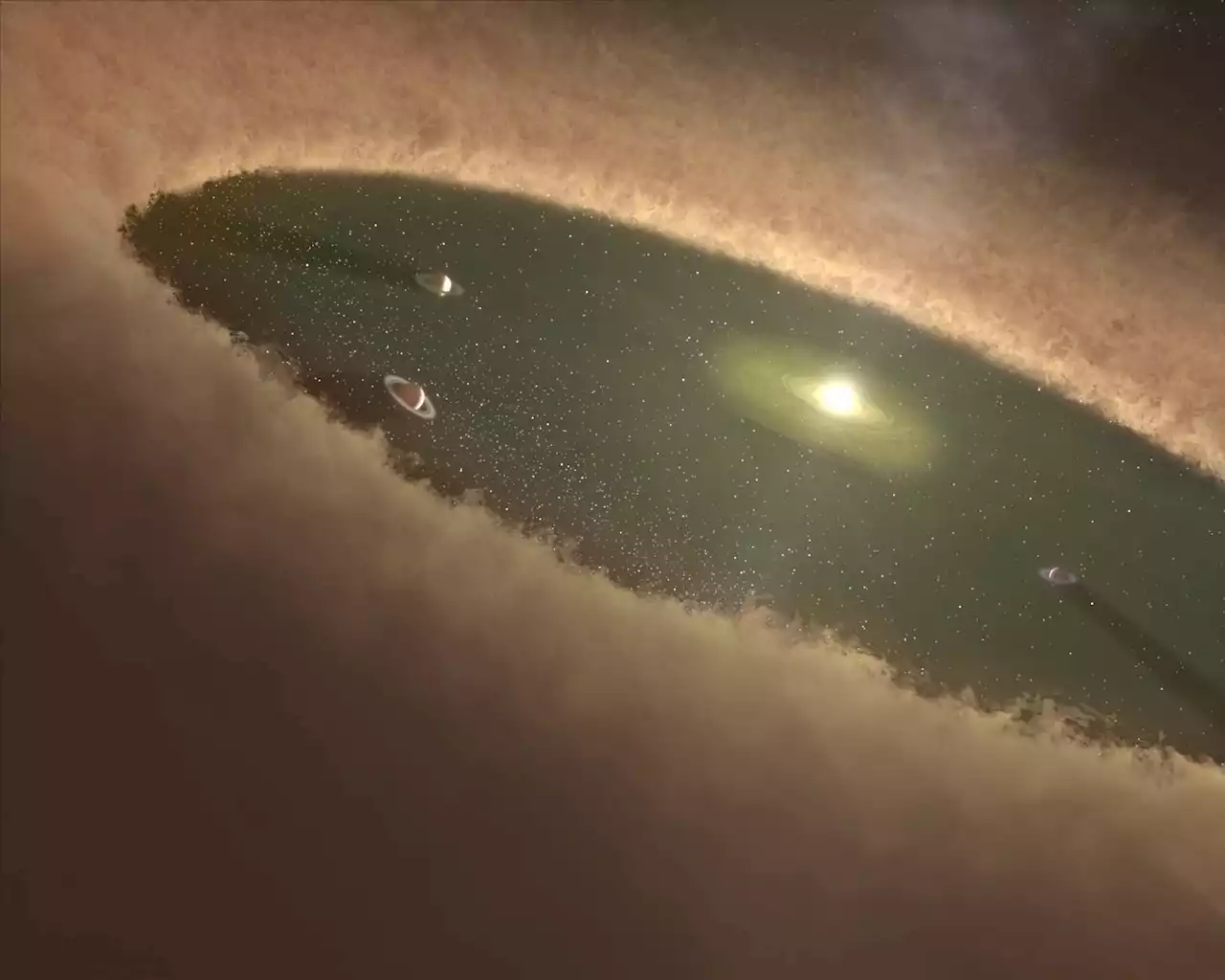 Earth Might Have Formed in Just a Few Million YearsThere's a growing body of evidence showing that Earth formed more quickly than thought. And it didn't wait for asteroids to bring its water.
Earth Might Have Formed in Just a Few Million YearsThere's a growing body of evidence showing that Earth formed more quickly than thought. And it didn't wait for asteroids to bring its water.
Read more »
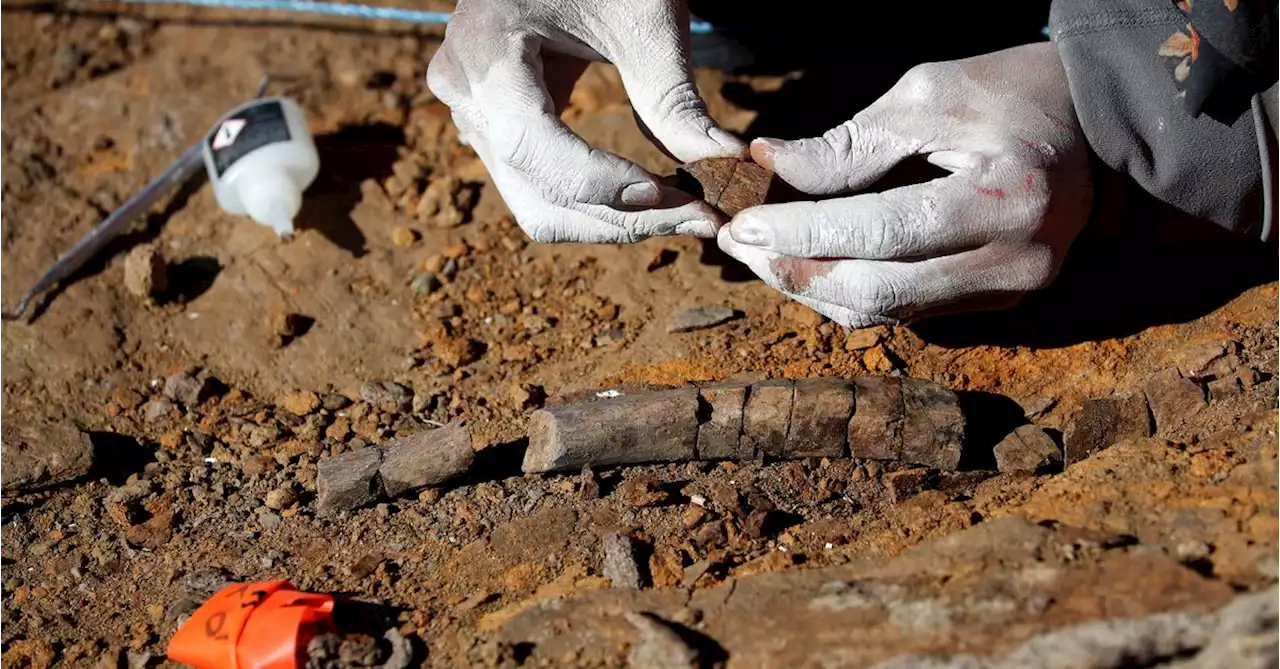 Scientists discover duck-billed dinosaur roamed Chile 72 million years agoA duck-billed herbivorous dinosaur roamed the ancient and remote river plains of Patagonia in southern Chile some 72 million years ago, a new study revealed on Friday.
Scientists discover duck-billed dinosaur roamed Chile 72 million years agoA duck-billed herbivorous dinosaur roamed the ancient and remote river plains of Patagonia in southern Chile some 72 million years ago, a new study revealed on Friday.
Read more »
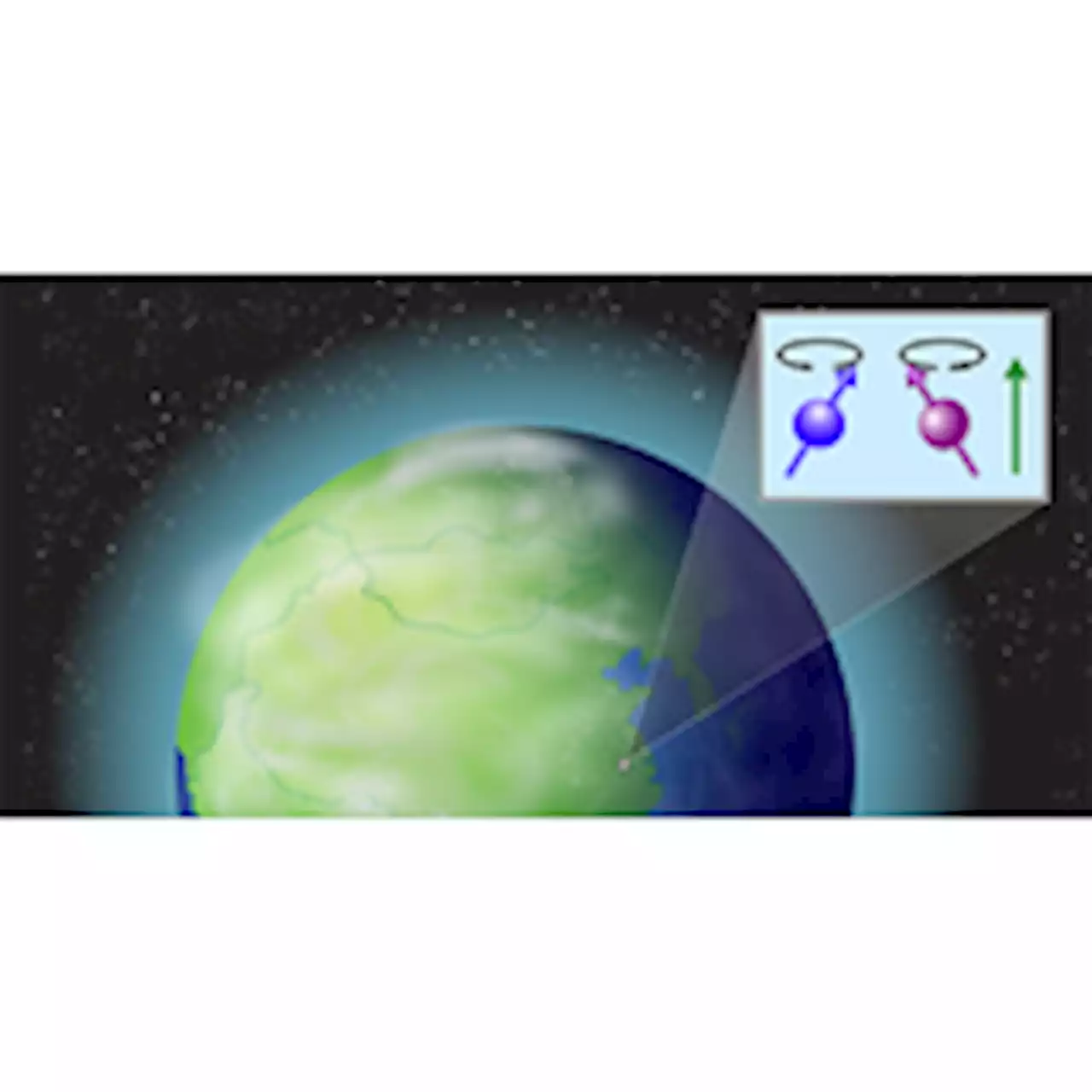 Search for Spin-Dependent Gravitational Interactions at Earth RangeA new search for an interaction between a particle's intrinsic spin and Earth's gravitational field probes physics in the regime where quantum theory meets gravity.
Search for Spin-Dependent Gravitational Interactions at Earth RangeA new search for an interaction between a particle's intrinsic spin and Earth's gravitational field probes physics in the regime where quantum theory meets gravity.
Read more »
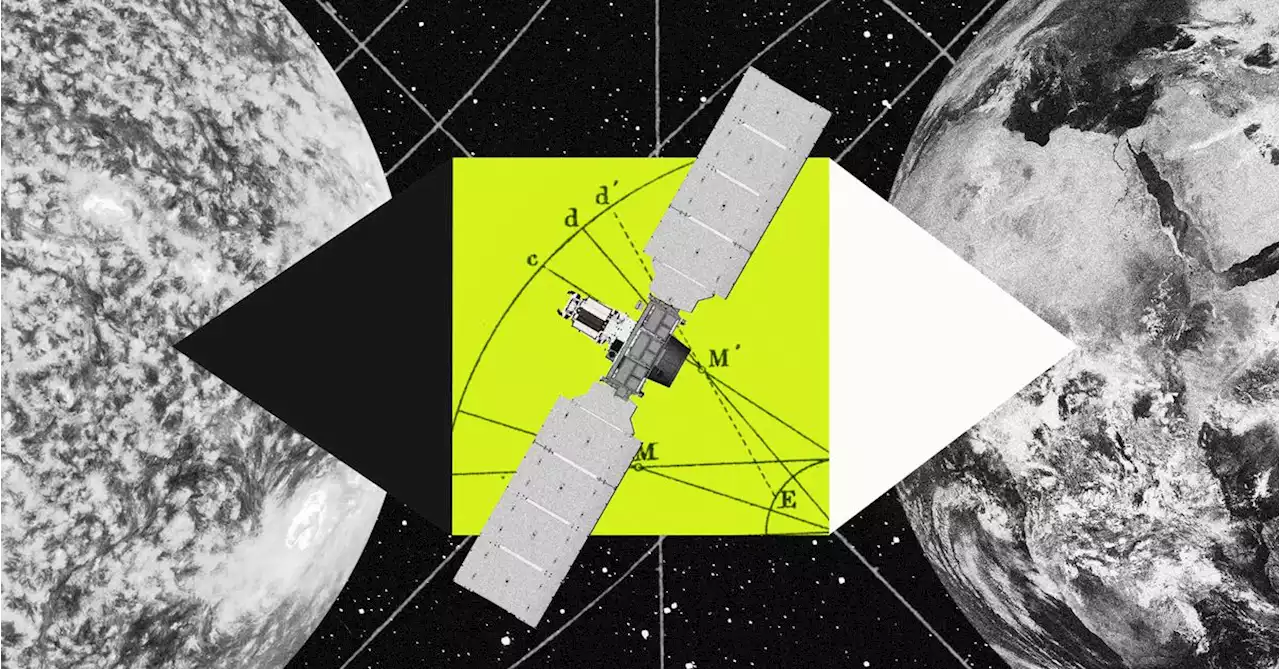 Space-based solar power is having its moment in the sunSolar panels in space are a clean energy dream.
Space-based solar power is having its moment in the sunSolar panels in space are a clean energy dream.
Read more »
 Welcome to Transhumanist Hell: Scientists Create 'Synthetic Human Embryo'Scientists at the California Institute of Technology and the University of Cambridge in Britain have used stem cells to create what they call a 'synthetic human embryo.' The scientists involved promise they will use the technology for research purposes and not to produce transhuman nightmares beyond our comprehension.
Welcome to Transhumanist Hell: Scientists Create 'Synthetic Human Embryo'Scientists at the California Institute of Technology and the University of Cambridge in Britain have used stem cells to create what they call a 'synthetic human embryo.' The scientists involved promise they will use the technology for research purposes and not to produce transhuman nightmares beyond our comprehension.
Read more »
